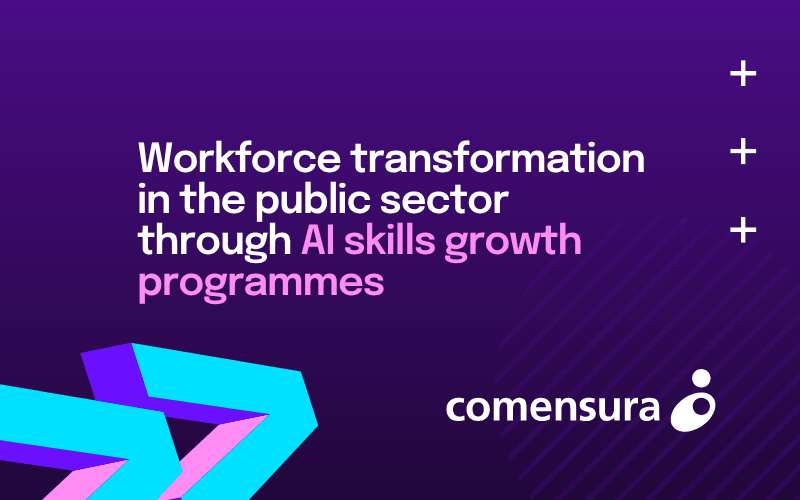

Author
Sales Director
2024-08-22
5 minutes
3 benefits & 3 tips: building a diverse age range local authority workforce
The new Employment Rights Bill announced in the Kings Speech July 2024 is looking like the most significant step towards upgrading workers’ rights in a generation.
Where previously the Low Pay Commission (LPC) advised on the Minimum Wage rate without factoring in whether it meets the basic living expenses of low-paid workers, the new business secretary has stated that they will need to incorporate cost-of-living considerations into future recommendations.
The briefing stated: “We will deliver a genuine living wage that accounts for the cost of living and we will remove the discriminatory age bands to ensure every adult worker benefits. These changes will improve the lives of working people across the country.”
This will make a big difference to younger workers who are often affected just as much as their older colleagues by the cost-of-living crisis, when it comes to price increases such as food, energy, and accommodation.
The number of younger workers in the public sector has already been increasing steadily since 2012, and with younger workers proven to be more driven by social value. These changes will only help to further increase this and provide local authorities with a young and sustainable pool of talent for the coming years.
However, among the various aspects of diversity, the spectrum of age within a workforce often receives less attention, with only 18% of organisations focused on age diversity and inclusion during the previous five years.
With the current climate of change, local authorities have an opportunity to take stock of the age demographics of their workforce and look at new ways of attracting a diverse age range of workers.
3 benefits of a wide age range of workers
-
Better problem-solving and decision-making. Workers from different age groups have different perspectives, experiences, and skills that can complement each other and help find solutions to complex challenges.
-
More innovation and creativity. Workers from different generations can challenge each other and stimulate constructive debate and dialogue. A diverse age group can also help your organisation to understand and cater to the needs and preferences of different customer segments.
-
Higher attraction and retention. A diverse age group can help your organisation to attract and retain talent from different pools and backgrounds. Leverage this advantage in your EVP. Check out our article Redefining public sector employer brands: Promoting your local authority as a workplace with purpose for more info on leveraging your EVP.
However, to reap the benefits of age diversity, you need to create a culture of inclusion and respect, where workers from different generations feel included and can communicate effectively, collaborate productively, and appreciate each other's strengths and differences.
3 tips to create a work environment for all age groups
-
Encourage workers from different age groups to share their knowledge, skills, and experiences with each other. This includes younger employees to older employees as well as the other way around. Create a feedback culture where workers can give and receive constructive and respectful feedback with their unique point of view.
-
Offer flexible and personalised work arrangements. Workers from different age groups may have different needs, preferences, and expectations regarding their work-life balance, career development, and rewards/recognition. A range of options where possible for flexible work hours, remote work, and different choices in compensation and benefits is a good idea
-
Create opportunities for workers from different age groups to interact. Organising social events, team-building exercises, and volunteering activities that are engaging, and inclusive gives a sense of belonging and community among your workers, no matter what their age.
Having a wide age range of workers can be a powerful source of competitive advantage for your local authority. By embracing and leveraging the diversity of your workers, you can enhance your organisation's performance, innovation, reputation and EVP. You will also create a work environment where your workers can thrive and grow together.
In our Addressing 2024’s talent challenges in UK local authorities report we look at how UK local authorities can overcome talent challenges to procure the workforce they need to transform and thieve.
Transforming talent in Local Government
Get new local authority talent insights in our brand-new research report. Conducted in partnership with Inside HR: Transforming Talent in Local Government is based on survey responses from 60+ local government execs, procurement and HR leaders.
Insights to drive workforce performance
Workforce insights in your inbox
Sign up for our newsletter with the latest workforce management news, insights, analysis and more.
United Kingdom
First Floor, Mulberry House
Parkland Square
750 Capability Green
Luton, LU1 3LU
Australia
Suite 1403
Level 14, 309 Kent Street
Sydney
NSW 2000










